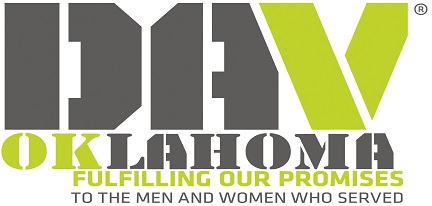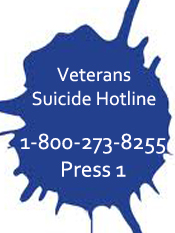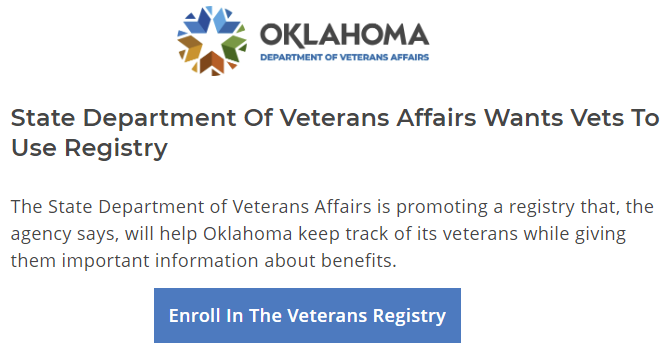Last week, the Senate Veterans’ Affairs Committee approved S. 2193, a comprehensive VA health care bill, which includes provisions to overhaul the agency’s community care program, provide additional funds to improve the VA health care system and extend VA’s comprehensive family caregiver program to veterans of all eras.
On December 7, 2017 DAV joined with 25 other service organizations asking all Senators to push for approval of this landmark legislation (click here to read the letter), and we need everyone who cares about veterans make sure their voice is heard.
VA has been purchasing care in the community through the Choice Program, but this program has been troubled since its rocky implementation. S. 2193 contains numerous provisions DAV supports based on our resolutions, including one that would leave the decision to receive community care between veterans and their clinicians. To avoid implementation challenges, Choice would continue to operate as the new program is phased in and would provide additional funds for VA to fill thousands of clinical vacancies across the country.
One of DAV’s top legislative priorities for the past few years is addressing the inequity in access to VA’s comprehensive family caregivers’ assistance program, currently limited to veterans severely injured on or after September 11, 2001. Veterans of other eras and their family caregivers have been left to their own devices without the critical and comprehensive support from VA’s caregiver program.
Please help DAV and our allies convince the Senate to move this important legislation forward. We ask you to send the prepared email now.
As always, thank you for your support of the Commander’s Action Network.
Click the link below to log in and send your message:
https://www.votervoice.net/BroadcastLinks/WsvLUzdCv6pk5PUat-yCMg




